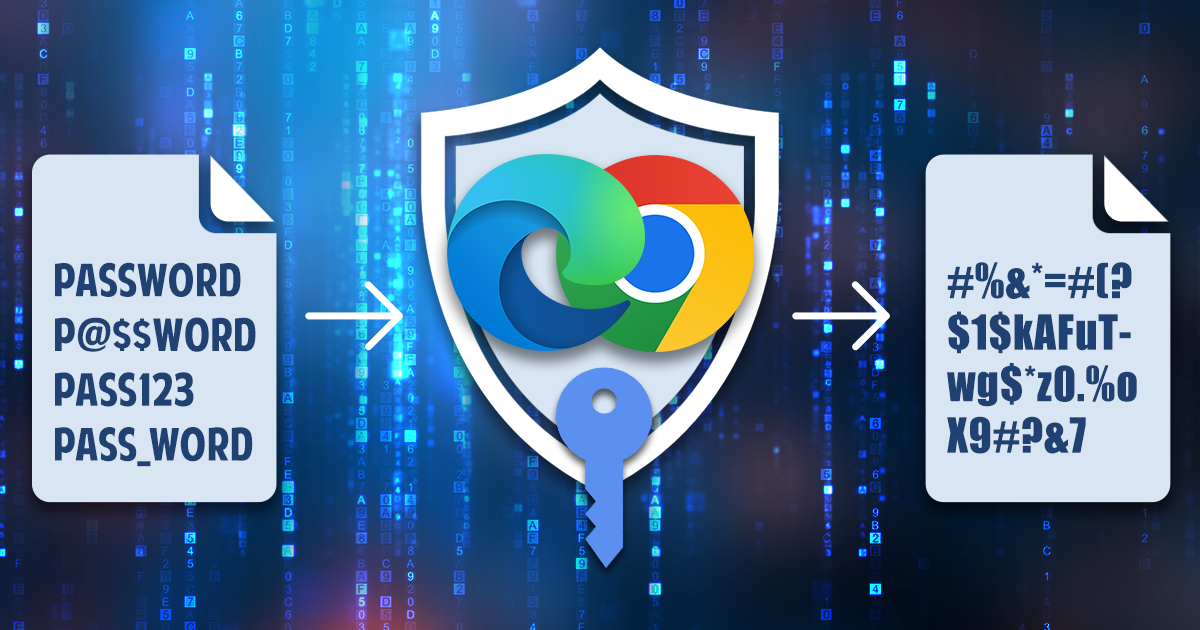Attacking Wi-Fi passwords is near hopeless if a wireless hotspot is properly secured. Today’s wireless security algorithms such as WPA are using cryptographically sound encryption with long passwords. The standard enforces the use of passwords that are at least 8 characters long. Encryption used to protect wireless communications is tough and very slow to break. Brute-forcing WPA/WPA2 PSK passwords remains a hopeless enterprise even if a horde of GPU’s is employed. Which is, in general, good for security – but may as well inspire a false sense of security if a weak, easy to guess password is selected.
 Elcomsoft Wireless Security Auditor is one tool to test how strong the company’s Wi-Fi passwords are. After checking the obvious vulnerabilities such as open wireless access points and the use of obsolete WEP encryption, system administrators will use Wireless Security Auditor that tries to ‘guess’ passwords protecting the company’s wireless traffic. In previous versions, the guessing was limited to certain dictionary attacks with permutations. The new version gets smarter, employing most of the same guessing techniques that are likely to be used by an intruder.
Elcomsoft Wireless Security Auditor is one tool to test how strong the company’s Wi-Fi passwords are. After checking the obvious vulnerabilities such as open wireless access points and the use of obsolete WEP encryption, system administrators will use Wireless Security Auditor that tries to ‘guess’ passwords protecting the company’s wireless traffic. In previous versions, the guessing was limited to certain dictionary attacks with permutations. The new version gets smarter, employing most of the same guessing techniques that are likely to be used by an intruder.
Humans are the weakest link in wireless security. Selecting a weak, easy to guess password easily overcomes all the benefits provided by extensive security measures implemented in WPA/WPA2 protection. In many companies, employees are likely to choose simple, easy to remember passwords, thus compromising their entire corporate network.
The New Attacks
The new attacks help Elcomsoft Wireless Security Auditor recover weak passwords, revealing existing weaknesses and vulnerabilities in companies’ wireless network infrastructure.
Word Attack
If it’s known that a password consists of a certain word, the Word attack will attempt to recover that password by trying heavily modified versions of that word. This attack only has two options: you can set the source word and you can disable all permutations except changing the letter case. In addition, we can apply permutations to the source word first, forming a small dictionary; then perform a full dictionary attack, applying various permutations to all words from the newly formed list.
Mask Attack
Certain passwords or password ranges may be known. The mask attack allows creating a flexible mask, brute-forcing the resulting limited combination of passwords very quickly. The masks can be very flexible. One can specify placeholders for static characters, letter case, as well as full or limited range of special characters, digits or letters. Think of the Mask attack as an easy (and very flexible) way to check all obvious passwords from Password000 to Password999.
Combination Attack
You have two dictionaries. We combine each word from one dictionary with every word from another. By default, the words are combined as is, but you can increase the number of possible combinations by allowing delimiters (such as space, underscore and other signs), checking upper/lower case combinations or using extra mutations.
Hybrid Attack
This is one of the more interesting attacks out there. In a sense, Hybrid attacks come very close to how real human intruders think. The Hybrid attacks integrates ElcomSoft’s experience in dealing with password recovery. We’ve seen many (think thousands) weak passwords, and were able to generalize ways people are making them. Dates, names, dictionary words, phrases and simple character substitutions are the most common things folks do to make their passwords ‘hard to guess’. The new Hybrid attack will handle the ‘hard’ part.
Technically, the Hybrid attack uses one or more dictionaries with common words, and one or more .rul files specifying mutation rules. We’re supplying a few files with the most commonly used mutation rules:
Common.rul – integrates the most commonly used mutations. In a word, we’ve seen those types of passwords a lot, so we were able to generalize and derive these rules.
Dates.rul – pretty much what it says. Combines dictionary words with dates in various formats. This is a pretty common way to construct weak passwords.
L33t.rul – the “leet” lingo. Uses various combinations of ASCII characters to replace Latin letters. C001 hackers make super-strong passwords with these… It takes minutes to try them all.
Numbers.rul – mixes dictionary words with various number combinations.



